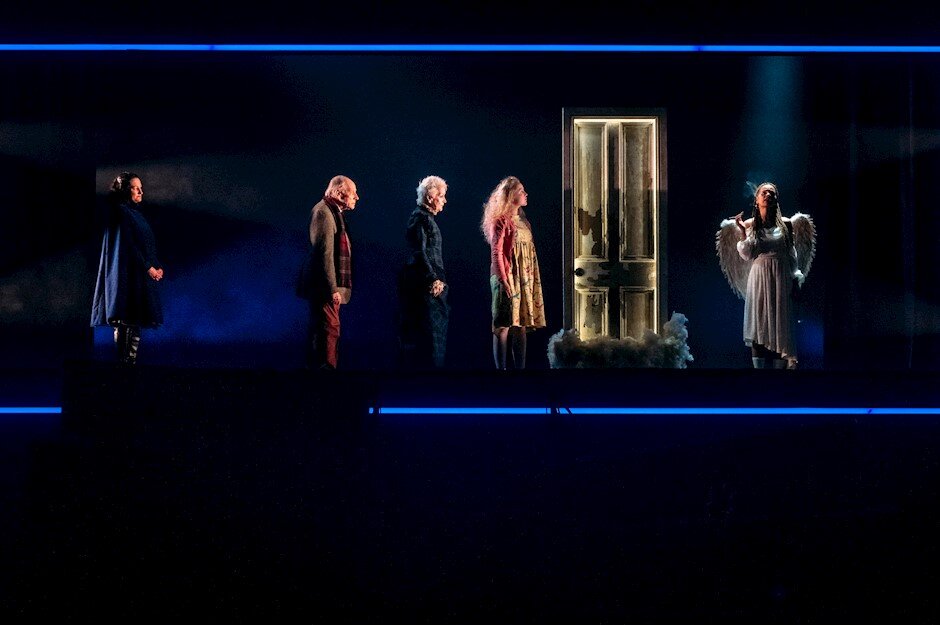
Casting & Work Environments
Information about Casting
We rarely stage pre-written ‘plays’ so we rarely cast ‘roles’. It is therefore difficult to publish conventional ‘casting breakdowns’. More often, we recruit ‘companies’ - groups of diverse individuals who we think have the necessary skills and personalities to work together to create a new show.
The work is led by the director and influenced by the performers in the company. ‘Casting’ is about finding performers with the right skills, techniques, experiences and personalities. The number of performers we cast is determined both by a ‘sense’ of what the show might be and - of course - budgets. Broadly, we compose this company from a mixture of:
Creative Associates
Performers whose work we know or have seen
Performers new to us, who we meet at workshop auditions
Creative Associates
We usually make at least one offer to someone who has worked with us before. This person acts partly as a channel between the sometimes chaotic creative process and actors who are new to it.
Performers whose work we know or have seen
We may make offers to performers we have seen in something, either through their agent or, if they don’t have one, in person.
Performers new to us
On every show we work with NEW PEOPLE - performers we have not worked with before. This is an artistic policy. It keeps us on our toes. It prevents complacency. It challenges our artistic processes. It makes everyone better at what they do. We like to discover new actors and so do our audiences.
When embarking on a casting process:
It is our job to know and meet people in or new to the industry. We maintain strong personal relationships with agents, drama schools, colleges and industry professionals who can help us with this.
We hold workshop auditions to meet new actors. Workshop auditions usually involve a minimum of eight people and we run at least one workshop audition per available place in the company. The purpose of workshop auditions is to get a sense of how people engage with others and not only whether they are a ‘good actor’.
We contact agents directly and send them descriptions of the qualities we are looking for (eg. ‘Good at improvising’, ‘experience of devising’) and ask them for suggestions. We look at their suggestions and, based on the information provided, we invite those with appropriate experience and/or skills to attend workshop auditions.
We undertake to hold three open workshops per year, each for a maximum of 20 people. This gives us the chance to meet new people. We will announce these workshops on our website, social media channels, through agents and professional forums. One of these workshops will prioritise actors not represented by agents.
When possible and where appropriate, we prioritise actors who live in Scotland. Often our co-productions are international and therefore involve performers from other countries.
Because ‘parts’ are rarely pre-written, people’s age, gender and ethnic background are rarely specific to ‘roles’. We try to balance diversity in the makeup of the company. See our statement on Equalities, Diversity and Inclusion.
We undertake, whenever we audition, to inform each and every individual (or their agent) whether we are able to offer them a job or not, without fail.
We use casting directors only when we don’t have the capacity or knowledge to look for a particular person ourselves, or when we are looking for someone very specific (eg: ‘a Croatian national who speaks fluent English and would be willing to travel to Scotland’).
We often use Spotlight to search for actors. If we are interested in meeting them we will contact them through their agent or through Spotlight.
We are a small organisation with only three full time staff, so it is not possible to invite open applications or respond to unsolicited approaches, other than as outlined above. However, if you are in something and would like us to come and see you, please write to hello@vanishing-point.org and we will endeavour to come if possible.
Work Environments
Our aim is to create a work environment where people feel comfortable, respected, listened to, have agency, are free to express themselves, and - most of all - one in which they can be shit sometimes. Like anyone in a creative environment, including the director, this is really important. Trust is crucial. But it’s never enough for the director or anyone else in a position of ‘authority’ to say ‘trust me’. One can read whatever statements one likes, but the proof is in the pudding. Trust is earned. A creative environment needs to established not explained.
We’re never perfect. We relish engagement and feedback from our staff, employees and colleagues and use it to try to make ourselves a better organisation. Every employee is asked to complete an anonymous evaluation at the end of an engagement, feedback from which we use to improve our practice as employers and artists.
